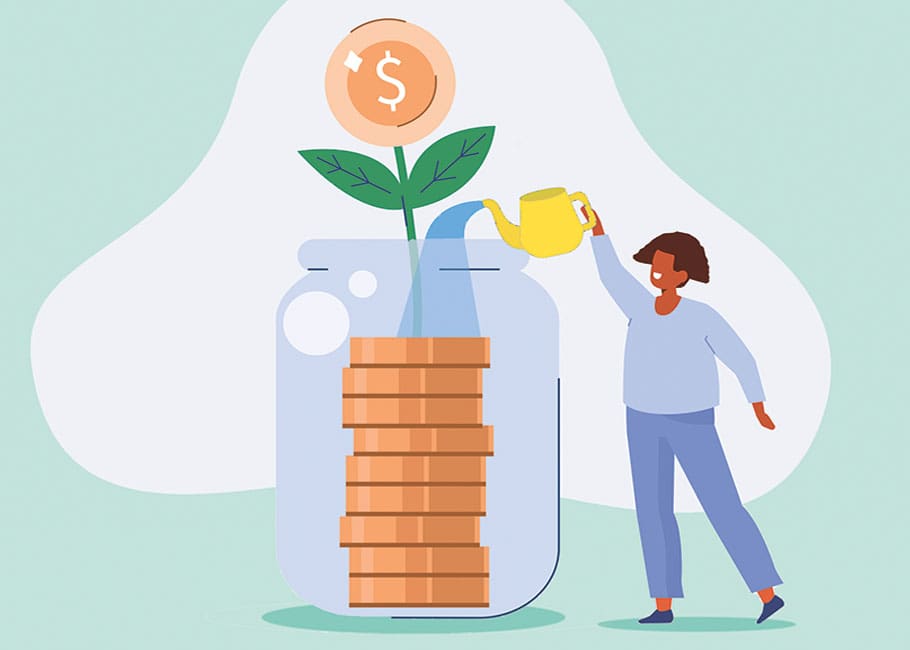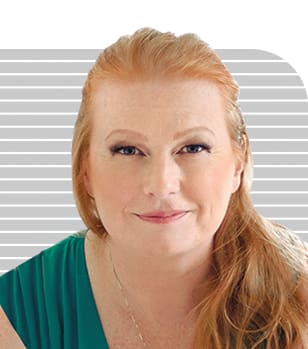financial connection

© IRINA STRELNIKOVA / STOCK.ADOBE.COM
Financial literacy
The road to mastering your finances begins with education
by Lana Sanichar
The need to better educate teens and young adults about personal finance seems to become more urgent with each passing financial crisis. While governments move slowly to include more financial literacy in provincial curriculums across the country, the responsibility of educating teens and young adults about money still falls to the parents. That presents a problem, since many may feel ill-equipped to teach about money.
In a recent Canadian Money-Saver article, Fred Masters, a former professional educator and president of Masters Money Management Inc., shared some of his best personal finance tips for teens and young adults:
Be in control of your money mindset. Your money mindset is the set of money-related values and beliefs that drive your life’s personal financial decisions. A simple example is cultivating an “attitude of gratitude”; be intentional about being thankful for what you have, as opposed to focusing on what you don’t have. Valuing shared experiences as opposed to buying stuff is another example.
Understand the earn, save, invest cycle. You can’t save until you have earnings. You can’t invest until you have savings. Once you earn, then you can save and then you can invest. This is how to reach long-term financial goals.
Save until it hurts. Any list of financial goals would likely include both long-term ones (such as funding retirement) and short-term ones (such as accumulating an emergency fund). If these goals are important to you, start saving for them today. This will involve delayed gratification, but you will have a better chance of reaching your financial goals.
Because basic financial conversations start in the home, and financial literacy is so important, the next three columns will dig deeper into the topics mentioned above, hopefully giving us all pause for thought about the future.
Please do your own due diligence when making any financial decisions. This column is for general informational purposes only and may not apply to all provinces. It is meant to get the reader thinking about their finances; it is not meant to be used in lieu of advice from a professional.
Students and money
According to the Organisation for Economic Co-operation and Development Programme for International Student Assessment test of financial literacy, “On average, 64% of students [in one study] earn money from working outside school hours. About 59% of students receive money from allowance or pocket money.
“The survey also revealed that, on average, 56% of students hold a bank account, but almost two out of three students do not have the skills to manage an account and cannot interpret a bank statement.”—LS

Courtesy of Lana Sanichar
Lana Sanichar is president and editor-in-chief of Canadian MoneySaver magazine.
Through an exclusive arrangement, Canadian MoneySaver’s experts partner with the Costco Connection to share advice about relevant financial topics.
Email topic suggestions to moneyinfo@canadianmoneysaver.ca.
Costco members are offered a one-year special introductory price with on line subscription. Go to Canadianmoneysaver.ca and click on “Subscribe,” or call 519-772-7632. Online, use “Costco” for the discount code at the bottom of the page.

